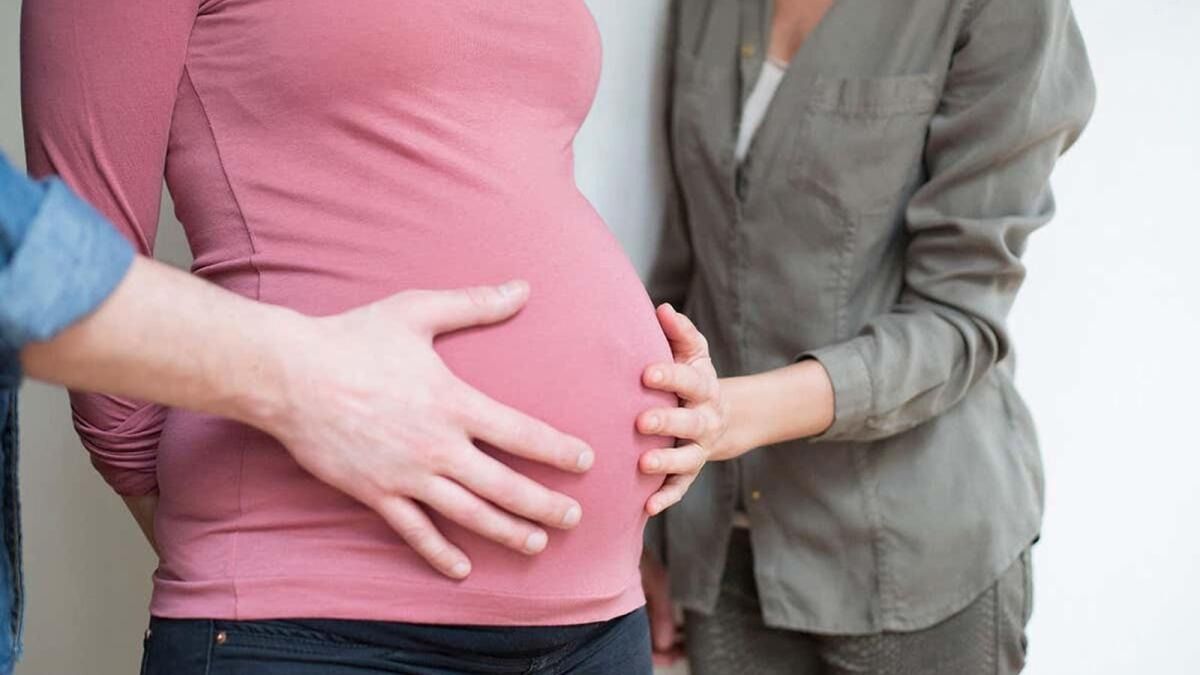Thailand is considering reversing its ban on surrogacy for foreigners, which was implemented nine years ago.
Arkhom Praditsuwan, deputy director-general of the Health Service Support Department, highlighted that if the bill is approved, it would be a groundbreaking move globally. He emphasized that the international community is closely monitoring this development, anticipating a boost in the health economy once the legislation is liberalized.

The proposed law aims to address issues of human trafficking, particularly the smuggling of frozen embryos, sperm, and eggs, which continues to pose a significant challenge.
One of the primary motivations behind loosening restrictions on surrogacy is Thailand’s urgent need to address its declining birth rates. Once among the countries with the highest birthrates in the 1950s and 60s, Thailand now faces a shrinking population, with the over-60s demographic comprising one-fifth of the population, a proportion expected to increase to one-third by 2030.
Sura Wisedsak, director-general of the department, stated to the Bangkok Post that they also intend to propose amendments to the existing law. These changes would allow women’s biological relatives aged 20-40 to donate eggs and permit women over 55 to engage surrogacy mothers.
Following highly publicized scandals, Thailand prohibited commercial surrogacy in 2015. Currently, surrogacy is only permitted for Thai couples or for Thais married to foreigners for at least three years who face fertility challenges. The process is overseen by a government commission.

